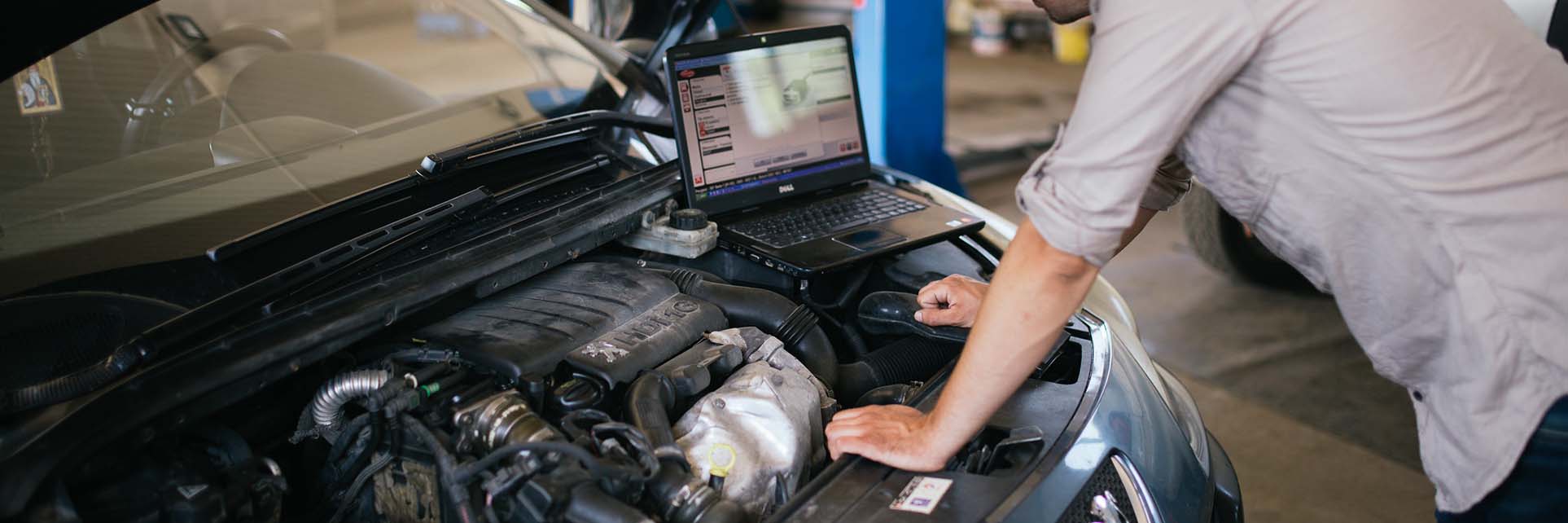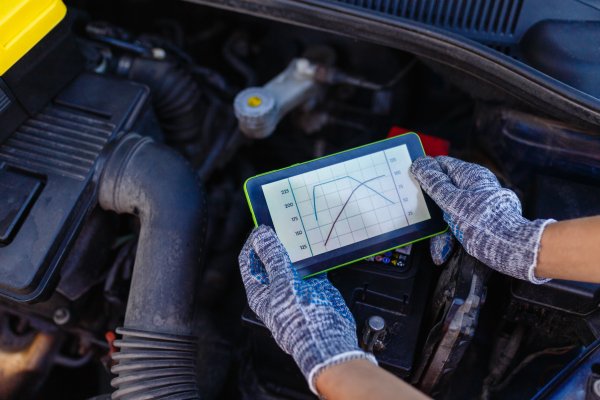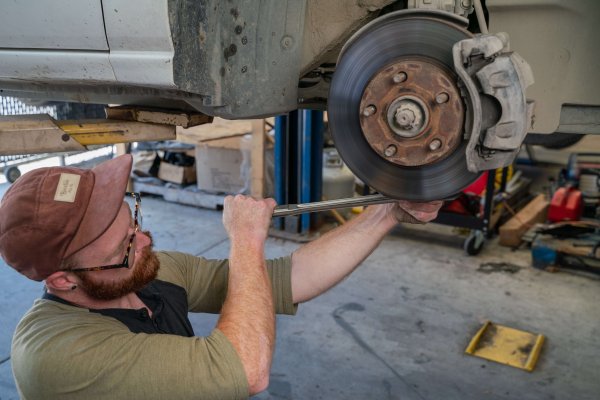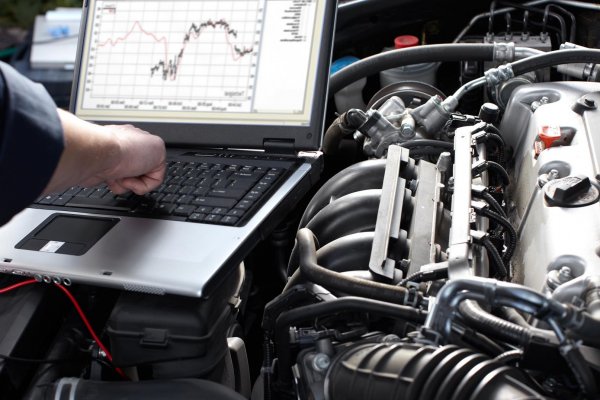Fight to Repair is a reader-supported publication. Sign up to receive updates in your inbox. (It’s free!) Or become a premium subscriber for access to exclusive content and live events!
There’s big news in automotive Right to Repair: Enforcement of automotive Right to Repair will go forward in Massachusetts because National Highway Traffic Safety Administration (NHTSA) has retracted its earlier opposition.
If you haven’t followed every twist and turn of the Massachusetts automotive Right to Repair fight, you’re forgiven—it’s been twistier than an M. Night Shyamalan plot. Massachusetts passed the first US Right to Repair law in 2012, which was aimed to “protect motor vehicles and small businesses in repairing motor vehicles” by making sure that independent shops had equal access to parts, tools, and repair information. That agreement was then extended nationwide via a Memorandum of Understanding (MOU) in 2014. But auto manufacturers denied shops and individuals access to telematics data, which is an increasingly important part of auto diagnostics.
So in 2020, Massachusetts passed a ballot measure (by 75%!) that gave them access to their own vehicles’ telematics data. Automakers tried to tie the law up in court, but in March, Massachusetts Attorney General Andrea Campbell put them on notice, saying her office would begin enforcing the law despite the ongoing legal battle. Right as that enforcement was about to begin, NHTSA put out a letter telling automakers not to comply, citing safety risks. The letter was panned by cybersecurity experts, who said that the situation exposes the inherent insecurity of cars, which isn’t a good argument for limiting repair access.
Now, NHTSA has walked back that letter. The retraction was authored by Kerry Kolodziej, Assistant Chief Counsel for Litigation and Enforcement at NHTSA, who originally advised automakers against complying with the state law.
Kolodziej’s more recent stance takes a markedly different position. This new letter, directed to Massachusetts’ Assistant Attorney General Erik Haskell, asserts NHTSA’s strong support for car owners’ right to repair their vehicles. Kolodziej argues that both NHTSA and the Massachusetts Attorney General have reached a consensus, deeming the telematics access law implementable in a manner that empowers consumers to choose independent or DIY repairs without compromising safety.

Auto Care: Bluetooth Isn’t the Answer
What has caused this shift? Apparently, it’s Bluetooth—a technology that’s been around for a quarter-century.
Kolodziej explains that she is writing to Haskell to affirm their shared understanding for the near-term implementation of the Massachusetts Data Access Law. This path hinges on automakers granting local repair shops access to vehicle telematics through short-range protocols like Bluetooth. This approach addresses the wireless telematics access requirement while mitigating the perceived risk of large-scale remote attacks on vehicles. But this solution has its skeptics. Critics argue that limiting telematics access to short-range protocols like Bluetooth doesn’t significantly enhance the status quo of physical access to repair data through wired connections. The Auto Care Association emphasized that this solution “does not create the level playing field expected by the voters of Massachusetts.”
Nathan Proctor of the US Public Interest Research Group said, “We strongly support the goals the agency puts forward — to protect repair choice and maintain safety. However, as it stands, the agency has achieved neither goal. Instead, it has allowed a proliferation of serious safety and monopolization issues to continue without meaningful resistance.”
In the meantime, automakers have been put on notice—once again—to comply with Massachusetts’ Right to Repair law.
More News
- Cloud-based 3D printers go haywire: Bambu Lab faced a major outage in its cloud-based printing system on August 15, causing printers to repeatedly receive the same print jobs and reportedly damaging some machines; the incident has raised concerns about the company’s cloud reliance, privacy, intellectual property, and control issues, prompting questions about trusting the manufacturer’s approach and highlighting the need for a LAN mode as an alternative to cloud connectivity.
- Apple has agreed to pay a battery-gate settlement: An agreement of $310 to $500 million to around 3 million users of pre-2018 model iPhones who filed complaints against the company for intentionally slowing down their devices through software updates, a practice known as ‘batterygate’; affected users who filed claims in 2017 can expect to receive around $65 each, as the iOS updates slowed down phones with aging batteries to prevent shutdowns, sparking claims of planned obsolescence by artificially limiting device lifespan to encourage replacement purchases, although Apple has denied wrongdoing and stated that the throttling was aimed at prolonging device lifespan.
- Nepalese open source and modular waterwheel system: Consisting of trapezoidal steel “buckets” that can be easily assembled using readily available resources, this open source projects’ wheels generate between 120 to 1,400 Watts of power, and a software tool has been created to calculate optimal wheel dimensions and power output based on location characteristics
- France continues to roll out its ‘repair bonus’ initiative: France is encouraging people to repair clothing to combat garment waste, offering reimbursements for repairs conducted at affiliated workshops; this effort is part of broader textile industry reforms in France, and while looking to Bangladesh’s long-standing upcycling practices for inspiration, it emphasizes the importance of minimizing waste, extending textile lifespans, and embracing circular economy principles to promote sustainability and reduce environmental impact





0 Comments